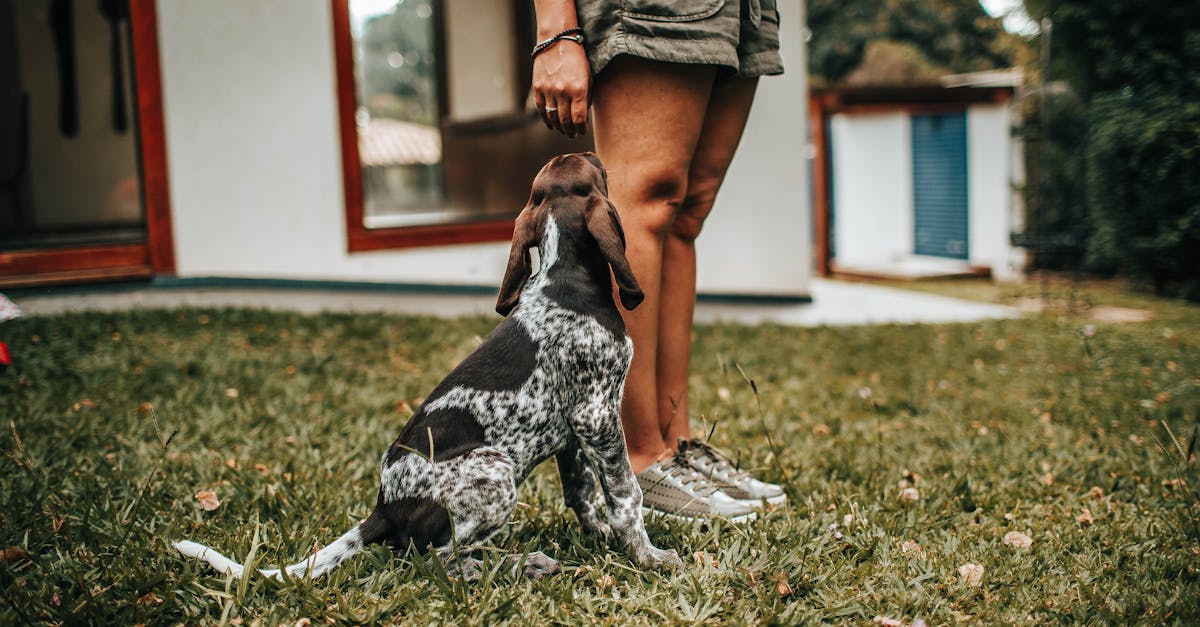Is your cat suddenly lethargic, refusing food, or showing signs of discomfort? These behaviors could point to pancreatitis, a condition that can sneak up on even the most attentive cat owners. Pancreatitis in cats is a serious health issue that requires prompt attention, but with the right information, you can take steps to ensure your feline friend gets the care they need.
⚠️ What to Watch For
Pancreatitis is an inflammation of the pancreas, an organ that plays a crucial role in digestion and blood sugar regulation. Unfortunately, cats are masters of hiding pain, so spotting this condition early can be tricky. Here are some signs to look out for:
- Lethargy or unusual tiredness
- Decreased appetite or complete refusal to eat
- Vomiting or dry heaving
- Diarrhea or loose stools
- Abdominal pain (your cat may crouch or hunch over)
- Dehydration (check for dry gums or skin that doesn’t snap back when gently pinched)
While these symptoms may overlap with other conditions, they should never be ignored. Early intervention can make a big difference in recovery.
🔍 Possible Causes
The exact cause of pancreatitis in cats isn’t always clear, but several factors can contribute to its development. Some of the most common causes include:
- High-fat diets or sudden dietary changes
- Trauma to the abdomen
- Infections or parasitic infestations
- Exposure to toxins, such as insecticides or certain medications
- Underlying conditions like inflammatory bowel disease (IBD) or diabetes
In some cases, pancreatitis occurs without any identifiable cause, a condition referred to as “idiopathic pancreatitis.” No matter the trigger, proper diagnosis and treatment are essential.
✅ What You Can Do at Home
If you suspect your cat may have pancreatitis, the first step is to observe their behavior closely and ensure they’re as comfortable as possible. Here are a few things you can do at home:
- Encourage hydration by providing fresh, clean water. Consider using a cat water fountain to entice them to drink.
- Offer small, bland meals such as a prescription gastrointestinal diet if your vet approves.
- Keep their environment quiet and stress-free to promote rest and recovery.
- Monitor their litter box habits for changes in stool consistency or frequency.
While these steps can help manage mild cases, pancreatitis often requires veterinary intervention. Never administer human medications or treatments without consulting a vet, as some substances can be toxic to cats.
💡 When to Call a Vet
Pancreatitis can escalate quickly, so knowing when to seek professional help is critical. Contact your vet immediately if your cat:
- Is vomiting persistently or has bloody vomit
- Refuses to eat for more than 24 hours
- Shows signs of severe abdominal pain (e.g., vocalizing, hiding, or aggression when touched)
- Becomes excessively dehydrated or lethargic
A veterinarian will likely perform a combination of blood tests, imaging (such as an ultrasound), and possibly a biopsy to confirm the diagnosis. Treatment may include IV fluids, anti-nausea medication, pain relief, and in some cases, hospitalization for intensive care.
According to VCA Animal Hospitals, timely treatment can significantly improve outcomes for cats with pancreatitis (source).
FAQs
Q: Can pancreatitis in cats be prevented?
A: While not all cases can be prevented, maintaining a healthy diet, avoiding high-fat foods, and minimizing stress can help reduce the risk.
Q: Is pancreatitis in cats life-threatening?
A: It can be if left untreated, but many cats recover fully with prompt and appropriate care.
Book a $49 online vet consultation at https://www.dialavet.com for fast, expert advice.























